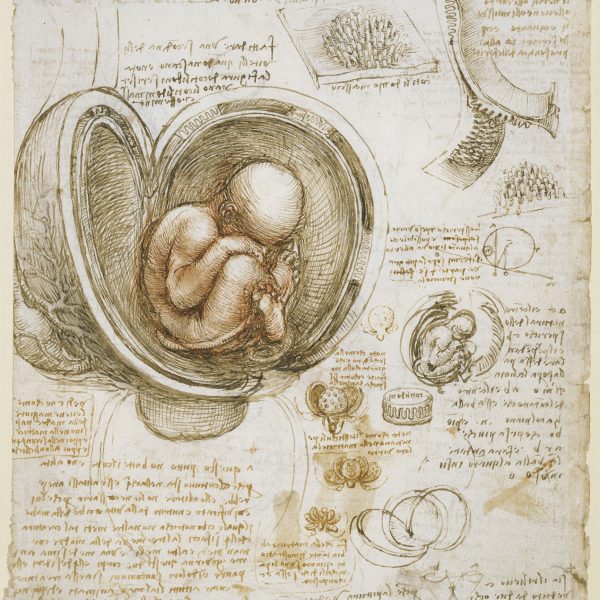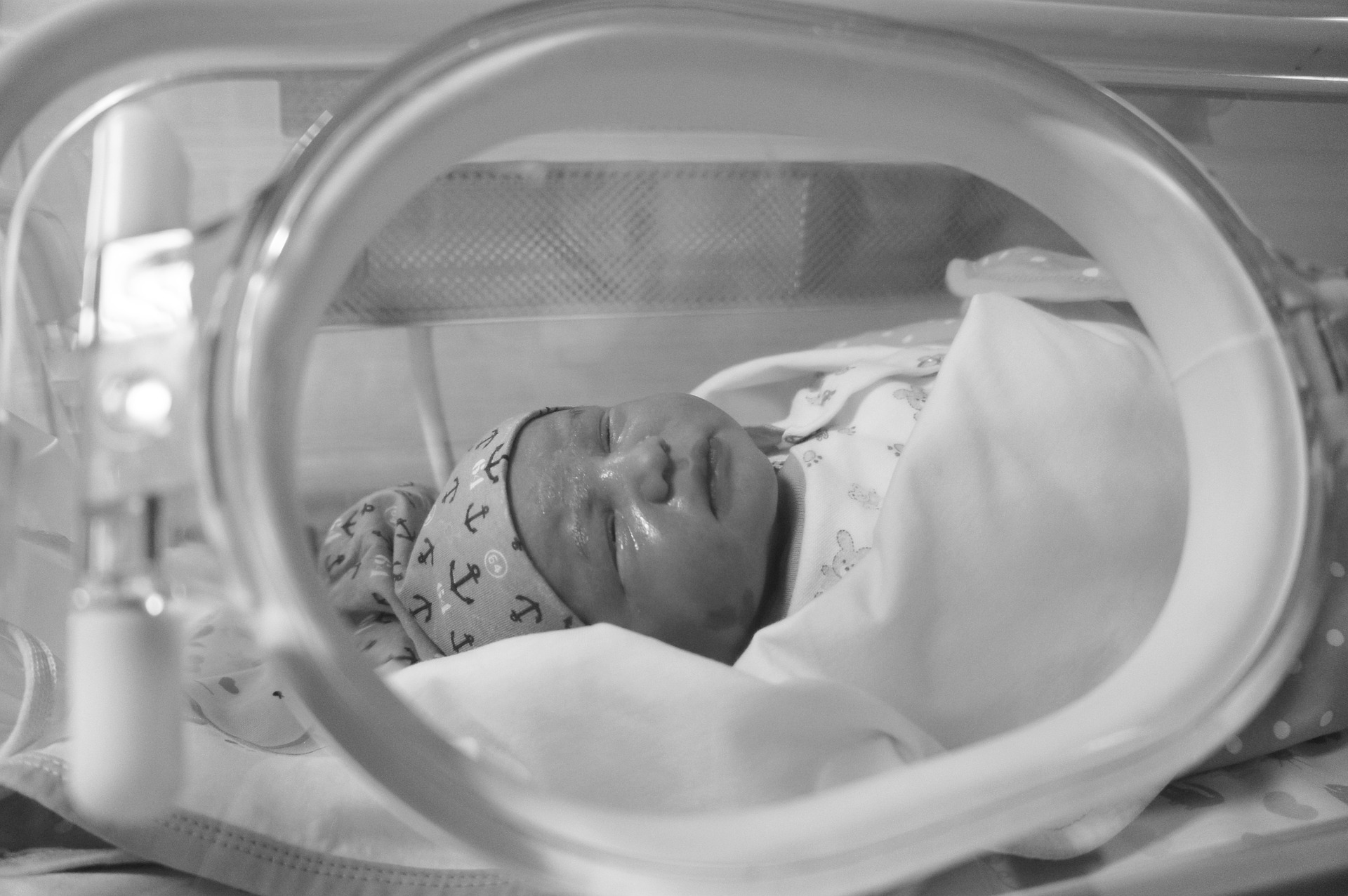Immune fertility guide
Observations of an immune fertility doctor, II
Part 4: THE THREE DEGREES of IMMUNE DISORDER
Recurrent miscarriage - Unexplained infertility - Late pregnancy complications
An abnormal immune reaction that occurs during implantation or pregnancy can trigger various types of infertility and pregnancy complications depending on its degree of intensity. Broadly speaking three degrees of intensity are apparent:
GROUP 1: Recurrent miscarriages of the 1st trimester
GROUP 2: Unexplained infertility (pregnancy unconfirmed)
GROUP 3: Late-stage pregnancy complications (incl., preterm birth, SFD, IUGR)

RECURRENT MISCARRIGE
Typically, women experiencing recurrent miscarriage have a more moderate immune reaction which gives them enough time to feel pregnant (particularly if the woman has a past experience of pregnancy and may therefor more easily recognise the slight changes in her body). For these women, it is characteristic that after a short period (1-4 days) the symptoms of pregnancy disappear quite abruptly one morning.
UNEXPLAINED INFERTILITY
Despite evidence suggesting that the main immunological complication of pregnancy is recurrent miscarriages, I am convinced that there is another fundamental presentation of immunological interference. A small but significant group of women suffer from ‘unexplained infertility’ and I believe that some of these women are have immunological problems affecting their fertility, ability to maintain a pregnancy and delivery of a healthy newborn. It is important to note that these women have 2 basic characteristics – they appear to have optimal conditions for high fertility (i.e., maternal age, ovarian condition, anatomical integrity and good hormonal function) and they have never been pregnant in the past.
My experience leads me to believe that they have a hyperactive immune system that reacts very quickly and aggressively, so much so that these women have never had the chance to ‘feel’ pregnant as a result. This particularly intense reaction is capable of killing the embryo in just a few hours after implantation, hence leaving no time for early symptoms of pregnancy to develop.

Part 5: Immune irregularity and reproductive compatibility
The two critical factors that come into play and together dictate the degree of reaction by the maternal system towards a developing embryo.
Irregular immune system and reproductive compatibility
According to my knowledge, the reaction of the immune system depends on both the woman’s general and current immune statuses. Not all the people have the same immune system. As a clinician, I am able to see that some women simply have been born with an irregular immune system and they present signs of it during their whole life (e.g., an abnormal smear).
Furthermore, a woman with an irregular immune system will tend to go through periods when their body will resist more strongly to any possible implantation and other periods where their body will be more friendly. Most of these women feel the difference and some can even explain or connect it with specific symptoms. It is impressive that many women are able to spot these ‘oh so subtle’ changes in their bodies.
Additionally, every embryo has a different combination of expressed genes and as a result has a different irritability potential. This means that each embryo is unique in the degree of irritation that it can cause. This is how I explain different immune reactions, in different pregnancies, of the same woman. The gender must also play a role on the degree of this reaction. For example, there are women who carry female babies until 41 weeks and the male babies to not more than 37 weeks.

Reproductive compatibility
Reproductive compatibility refers to the ability of two individuals of the opposite sex to produce viable and fertile offspring. It is determined by a variety of factors including genetic compatibility, This theory implies that as humans, we don’t all share the same degree of ‘compatibility’ with each other. I believe that this compatibility affects the degree of reaction that a woman’s body will have towards an embryo.

The interplay at implantation
During implantation, we have a unique interplay between reproductive compatibility factors as well as the presence, or not, of an irregular immune system. I propose that there are 3 main categories of women in this regard –
Irregular immune but compatible
There are women with unexplained infertility who are presenting an irregular immune system but are compatible with their partner. These women respond easily to immune treatment.
Irregular immune and incompatible
This is a more common combination of irregular immune system and incompatibility with their partner (HLA DQA). In these cases, the success of immune treatment is variable.
Normal immune but incompatible
This is an extremely rare group where the women have a normally functioning immune system but are reproductively incompatible with their partner. The success of immune treatments is variable.

Part 6: The grey period after embryo transfer
We must pay particular attention to the post embryo transfer period and be aware of immune responses that take place and be ready to react.
A common perception that persists in assisted reproduction practices, is the notion that we can’t do anything after the embryos are transferred back into the uterus
The period from the time of embryo placement, until the day of the pregnancy test, is a grey period. In general, attention is not given to this ‘waiting’ time, when in fact it should be. So many indicative changes become apparent in the woman’s body throughout these critical first days. Changes can also be observed from the woman’s reported symptoms and feelings.
From my observations around this period, I am convinced that this is the most important period for a successful pregnancy and is also the period when the embryo can be severely damaged.
This ‘grey’ period of time is when we MUST focus on the immune reaction.
Immune attacks last from 1-3 days and then the immune status changes from over to under reaction. It can very easily be missed and then the reason for the failure will not have been recognized.

Part 7: Thyroid and the immune problem
How the immune system affects the thyroid in pregnancy
During pregnancy, there are several changes in the immune system that can affect the thyroid gland. The thyroid gland is a butterfly-shaped gland located in the neck that produces hormones that regulate metabolism.
The immune system can affect the thyroid gland in autoimmune disorders and through the hormonal changes of pregnancy. Autoimmune disorders, such as Hashimoto’s thyroiditis and Graves’ disease, occur when the immune system mistakenly attacks the thyroid gland. These disorders can cause hypothyroidism or hyperthyroidism, respectively, and can affect fertility and the health of the mother and baby during pregnancy.
During pregnancy, the thyroid gland also undergoes changes due to hormonal fluctuations. The thyroid gland increases in size by up to 10% during pregnancy to meet the increased demand for thyroid hormones. However, some women may develop thyroid dysfunction during pregnancy, which can lead to complications such as pre-eclampsia, preterm delivery, and low birth weight.

Thyroid hormones are essential for the growth and metabolism of the growing fetus. Early in pregnancy the mother supplies her fetus with thyroid hormones. If the mother is hypothyroid, she cannot supply her fetus with enough thyroid hormones. Hence hypothyroidism is a risk factor for pregnancy loss (Rao et al., 2008)
In the past, the majority of the doctors believed that thyroid imbalance could trigger a miscarriage and they were keen to correct this imbalance in order to improve the chances for pregnancy.
According to my knowledge, the thyroid gland is commonly attacked by the immune system. In many women it can be discovered as a coincidental finding during infertility investigation or treatment, but in any case, it underlines the presence of an irritable immune system; the same system that can attack the implantation of an embryo.
In many cases, the thyroid reaction is a secondary reaction after the initial attack to an embryo. Other consequential reactions can also occur such as skin reactions, such as eczema and psoriasis, and back or joint pains.

A recent study (Endocrine Society, 2012) recommended that all pregnant women should undergo thyroid screening in the first trimester of pregnancy.
The study found that even mild thyroid dysfunction could greatly increase the risk of serious problems. Women with mild thyroid dysfunction had double the risk of miscarriage, premature labor or low birth weight as compared to pregnant women with normal thyroid function. They also had seven times greater risk of still birth.
References:
1. Endocrine Society (2012), ‘Mild thyroid dysfunction in early pregnancy linked to serious complications‘. Newswise.
2. Rao VR, Lakshmi A, Sadhnani MD., (2008) ‘Prevalence of hypothyroidism in recurrent pregnancy loss in first trimester’ Indian J Med Sci;62:357-61.
